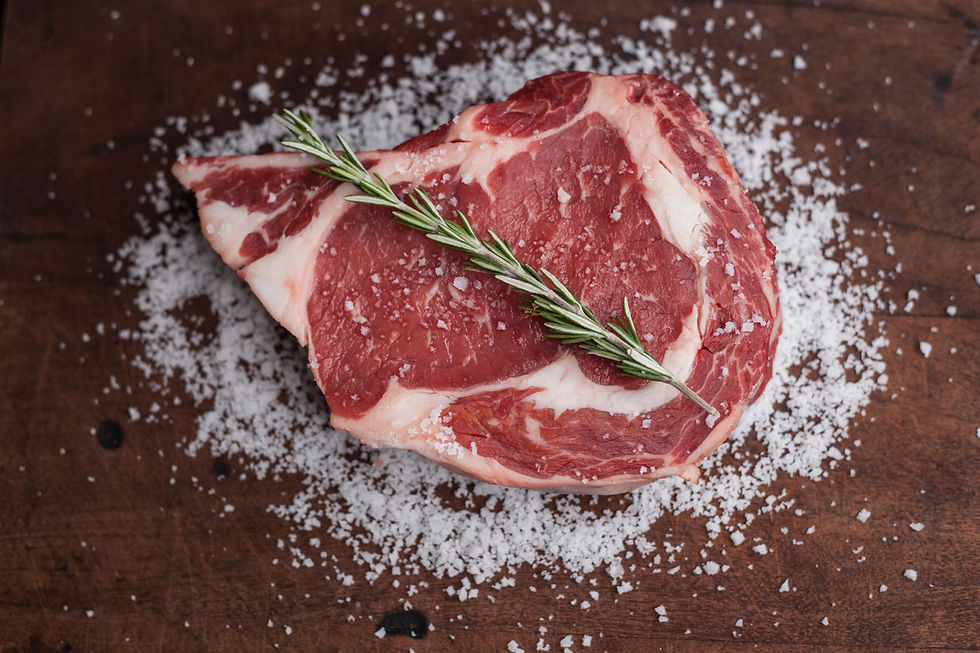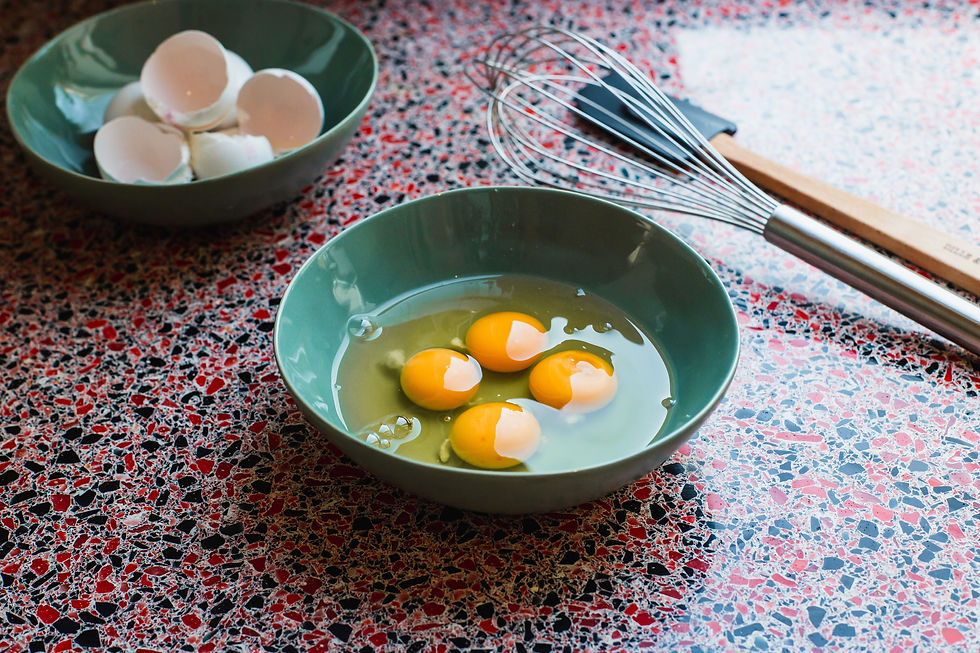Ah, the kitchen! Where the science of cooking truly comes to life and where we occasionally set off the smoke alarm. But beyond the culinary experiments and occasional mishaps, have you ever stopped to ponder the magic that happens when heat meets food? No, we're not talking about that time you tried to microwave foil. We're diving deep into the science of cooking and how heat transforms our meals from raw ingredients to delicious dishes. So, put on your lab coat (or apron) and let's get scientific!

1. The Maillard Reaction: A Fancy Name for Yummy
Ever wonder why a seared steak tastes so much better than boiled beef? Thank the Maillard Reaction. This science of cooking phenomenon occurs when you apply heat to certain foods, causing amino acids and sugars to rearrange themselves, producing new flavors, aromas, and colors. It's like food alchemy, turning basic ingredients into golden, flavorful treasures.

2. Caramelization: Sugar's Glow Up
When sugar is heated, it breaks down and forms new compounds, resulting in a deeper flavor and a lovely brown color. It's the reason caramel is so delicious and why onions taste sweeter when sautéed. Just remember, there's a fine line between caramelized and "Oops, I burned it."

3. Gelatinization: The Power Behind Perfect Pasta
Ever noticed how dry pasta expands and softens when you cook it? That's gelatinization in action. Starch molecules absorb water and swell, giving us that perfect al dente bite. So, the next time someone praises your pasta, just tell them it's all thanks to science (and maybe a bit of your culinary genius).
4. Denaturation: Proteins' Twist and Shout
When you cook meat, fish, or eggs, the proteins denature, meaning they unwind and then re-form into a new structure. It's like protein yoga, where the molecules stretch, twist, and settle into a new pose. This process gives cooked food its texture and is the reason why eggs solidify when heated.


5. Evaporation: The Steamy Truth
Heat causes liquids to evaporate, concentrating the flavors in your dish. It's the secret behind reducing sauces to make them richer and more flavorful. Just be careful not to let all the liquid evaporate, or you'll be left with a burnt mess (and possibly another smoke alarm incident).

Conclusion:
Cooking is more than just following a recipe; it's a blend of art and science. By understanding the science behind how heat transforms food, we can become better, more informed chefs. And remember, even if things go awry in the kitchen, every mistake is just another delicious experiment in the grand culinary lab of life!
Happy cooking, fellow food scientists! And remember, the kitchen is the only lab where you can eat the experiments (unless you're into that sort of thing). 😉🍳🔬

Comments